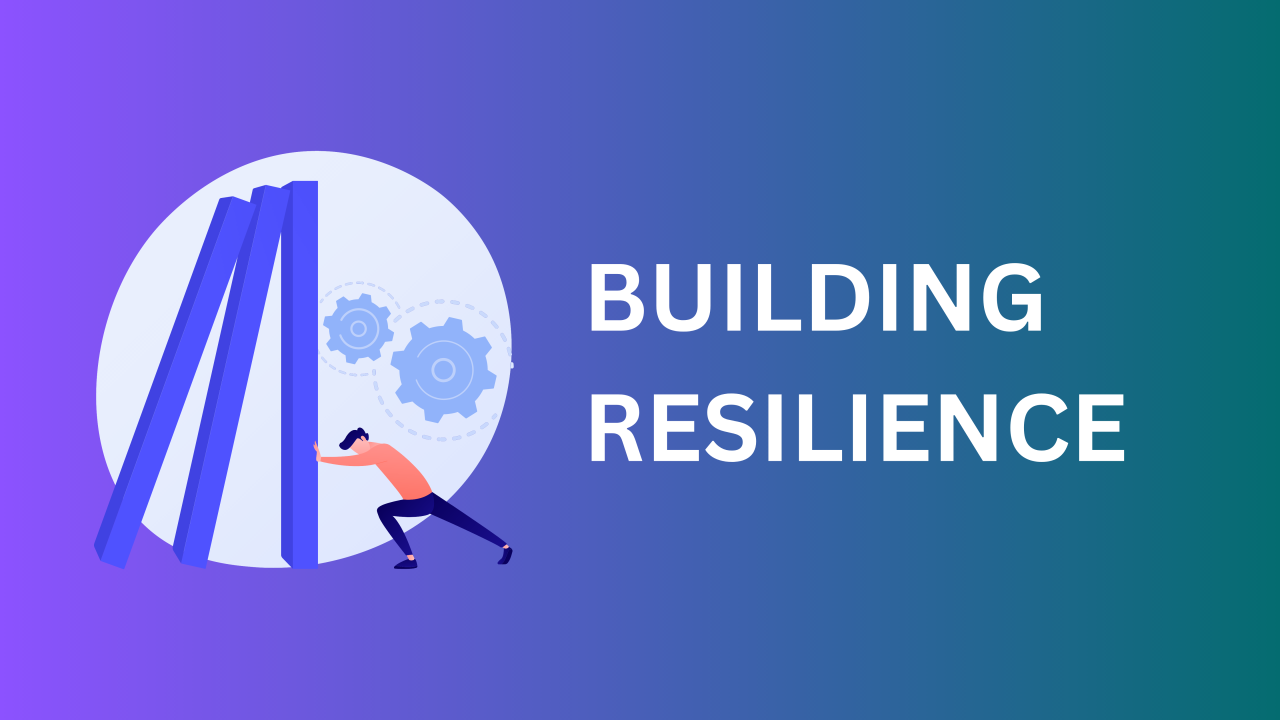Building Resilience: Overcoming Challenges and Adversity
In life, we are bound to face challenges and adversity. Whether it is a personal setback, a professional hurdle, or a global crisis, the ability to bounce back and adapt is crucial. This ability is known as resilience. Resilience is not about avoiding difficulties, but rather about developing the strength and skills to overcome them. In this article, we will explore the concept of resilience and discuss strategies for building resilience in the face of challenges and adversity.
Strategies for Overcoming Challenges
Challenges come in many forms, and the strategies for overcoming them may vary depending on the situation. However, there are some general approaches that can help individuals navigate difficult times with resilience.
1. Reframe Your Perspective
One of the most powerful ways to overcome challenges is to reframe your perspective. Instead of viewing a setback as a failure, try to see it as an opportunity for growth and learning. When faced with adversity, ask yourself: What can I learn from this? How can I use this experience to become stronger and wiser?
2. Cultivate a Positive Mindset
A positive mindset can make a huge difference in how we perceive and respond to challenges. Focus on the things you can control and find reasons to be grateful for even in difficult times. Surround yourself with positive influences, such as supportive friends and family, inspirational books or podcasts, and uplifting communities.
3. Set Realistic Goals
Setting realistic goals is essential when facing challenges. Break down big tasks into smaller, achievable steps. Celebrate each milestone along the way, no matter how small. This will not only help you stay motivated but also build confidence in your ability to overcome obstacles.
4. Develop Effective Problem-Solving Skills
Problem-solving skills are invaluable when it comes to overcoming challenges. Break the problem down into smaller parts and brainstorm potential solutions. Analyze the pros and cons of each option and choose the one that is most likely to lead to a positive outcome. Remember that sometimes asking for help is a sign of strength, so don't hesitate to reach out to others for support or advice.
5. Practice Self-Care
Taking care of yourself is crucial during challenging times. Make sure to prioritize self-care activities such as exercise, proper nutrition, and getting enough sleep. Engage in activities that bring you joy and help you relax, whether it's reading a book, practicing mindfulness, or spending time in nature. By taking care of your own well-being, you will be better equipped to face and overcome challenges.
Building Resilience Skills
Building resilience is an ongoing process. It involves developing certain skills and adopting positive habits that can help you navigate through tough times. Here are some key skills that can aid in building resilience:
1. Emotional Regulation
Resilient individuals are adept at regulating their emotions, especially in stressful situations. They are able to acknowledge their feelings without being overwhelmed by them. Developing emotional regulation skills can be achieved through practices such as meditation, deep breathing exercises, and journaling.
2. Mindfulness and Self-Awareness
Mindfulness is the practice of being fully present in the moment and non-judgmentally aware of your thoughts and emotions. Cultivating mindfulness can help you develop self-awareness, which is crucial for building resilience. By being aware of your own strengths and weaknesses, you can better understand how to navigate challenges and utilize your resources effectively.
3. Building a Supportive Network
Surrounding yourself with a supportive network of friends, family, mentors, and colleagues can provide valuable emotional support and guidance during challenging times. Cultivate these relationships and be open to seeking help and advice when needed. It is important to remember that resilience is not about facing challenges alone but rather building a community of support around you.
4. Adaptability
Resilient individuals are adaptable and able to adjust their strategies when faced with new or unexpected challenges. Developing adaptability involves being open to change, embracing uncertainty, and being willing to learn and grow from new experiences.
5. Maintaining a Sense of Purpose
Having a sense of purpose can provide a strong foundation for resilience. When faced with challenges, remind yourself of your values, goals, and the things that matter most to you. This can help you stay focused and motivated, even in the face of adversity.
Building resilience is a lifelong journey, and it requires effort and practice. Embracing challenges and adversity as opportunities for growth, cultivating a positive mindset, developing problem-solving skills, and building a supportive network are just some of the strategies that can help you build resilience. Remember, resilience is not about avoiding difficulties, but rather about facing them head-on and emerging stronger on the other side.

